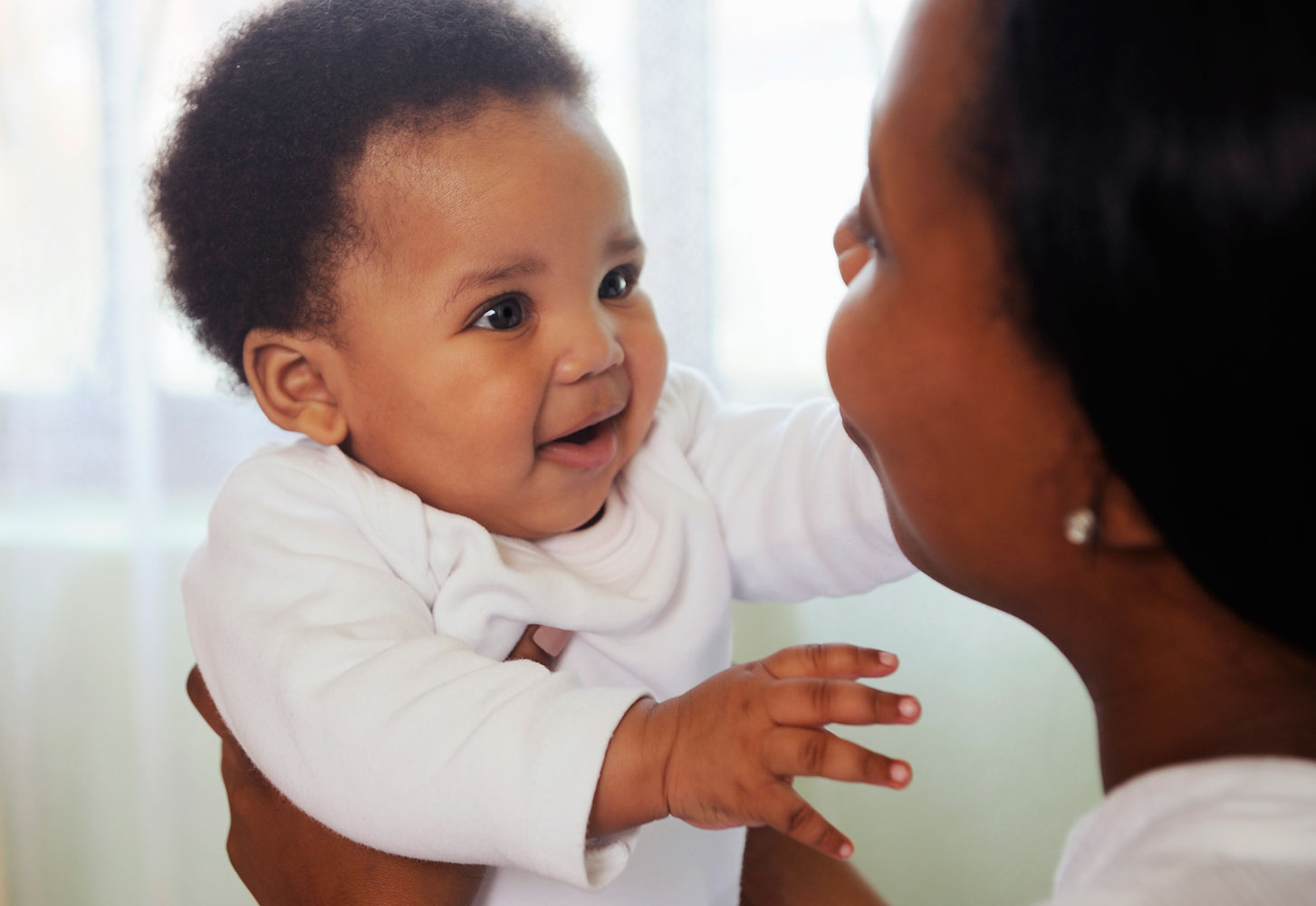
I could tell you that I don’t want to be burdened by the expectation that I should be a (never quite) Good (enough) Mother. That I don’t want to be defined by my relationship to my child, perpetually obligated to all-encompassing, self-denying nurture and devotion. As best as I can tell from professional feminists supposedly in the know, this seems to be the Proper Feminist thing to do.
I could tell you that. It wouldn’t be entirely true.
I am a dark-skinned Black mother, relatively young, raising my daughter in predominantly white spaces. I’m not infrequently mistaken for a high school student, despite being thirty. Most days I look the part of the harried graduate student I once was, rocking a jeans and t-shirt look with the occasional oversized sweatshirt. I have long abandoned my half-hearted attempts to conform to the wardrobe expected of women of my age and class.
I know how this looks to many people.
I could never be the Good Mother; I knew this long before I had a child. Had I not, the experience of parenting my daughter under the appraising eye of whiteness would quickly have disabused me of any illusions that I could be one. From the pediatrician’s office, to the grocery store, to the streets I call my own, it is not the myth of the Good Mother, but that of the Bad Black Mother, that renders my motherhood at turns invisible and suspect.
Often the questions come from other people of color. One Ethiopian store clerk, after asking if I’m Anu’s mother, marvels at how light she is, tells me her (white) father’s genes must have “won out” over mine.
The Bangladeshi convenience store owner around the corner has forgotten at least three times that he’s already asked if I am married. He regales me with a tale of a Black friend who has six children with multiple women. “I think this is not good,” he says. I wonder what this has to do with me.
Across from the convenience store, I’m dropped off by a mom from my daughter’s daycare, a white woman. She’s seen me walking Anu to school from time to time, and generously offers me a ride. We make small talk. As I’m about to step out of the car, she asks about Anu’s dad: “And is your husband, um, partner, uh, boyfriend . . . is he in the picture?”
I want to appreciate that multiple possibilities for family are being acknowledged. But I’m keenly aware that my race is likely the reason such possibilities even occur to her. And of course, my family situation is hardly the concern of someone I’ve only just met.
The curiosity that strangers are so often eager to satisfy when they see me with my daughter is profoundly shaped by stereotypes of Black womanhood. Am I the babysitter? The nanny? Or that perennial bogeywoman of white “family values”—the teen mother—whose sexuality and reproduction flout the bounds of heteronormative marriage? People dearly love to know.
Patriarchy tells more than one misogynist tale about mothers. The myth of the Good Mother is built on the back of scorn for mothers like me. There’s no reckoning with this myth, no challenging it, without recognizing this. Being expected to embody “traditional” femininity, it turns out, is its own strange sort of privilege.
When I respond to questions about my motherhood, am I simply challenging notions that I cannot be a Good Mother, or falling for the siren song of “proper” Black motherhood made in the image of polite, white-washed femininity? The lines are blurry. Respectability may be resistance, but it is neither solidarity with my sisters, nor liberation for any of us.
Liberation is confronting my own internalized shame and anxieties about justifying myself to whiteness. It’s disrupting the very notion of “illegitimate” motherhood and the harm it does.
If I’m honest with myself, I have to confront my own shame and defensiveness in response to racist, misogynist stereotypes. I have to resist the pressures society places on Black mothers like me, who appear to conform to classed and raced heteronormative expectations, to shun solidarity with Black women whose motherhood is less “respectable.”
I could tell you that I don’t want to be seen as the Good Mother. This would be a lie, and an unnecessary one. Part of my struggle is to challenge the notion that good motherhood cannot exist in bodies like mine.
But I can tell you something I want even more: a world where respect is seen as inherent in humanity itself and therefore the rights of all mothers, and all people, are universally respected. A world where no litmus test is required for us to see worth and dignity in the beautiful mess of singularities and complexities that we are.
This is better than being acknowledged as a Good Mother: to be seen as a mother and fully human at once. This is liberation.
*Excerpted from The Good Mother Myth: Redefining Motherhood to Fit Reality, edited by Avital Norman Nathman. Available from Seal Press, a member of the Perseus Books Group. Copyright 2014.
More Must-Reads From TIME
- The 100 Most Influential People of 2024
- How Far Trump Would Go
- Scenes From Pro-Palestinian Encampments Across U.S. Universities
- Saving Seconds Is Better Than Hours
- Why Your Breakfast Should Start with a Vegetable
- 6 Compliments That Land Every Time
- Welcome to the Golden Age of Ryan Gosling
- Want Weekly Recs on What to Watch, Read, and More? Sign Up for Worth Your Time
Contact us at letters@time.com